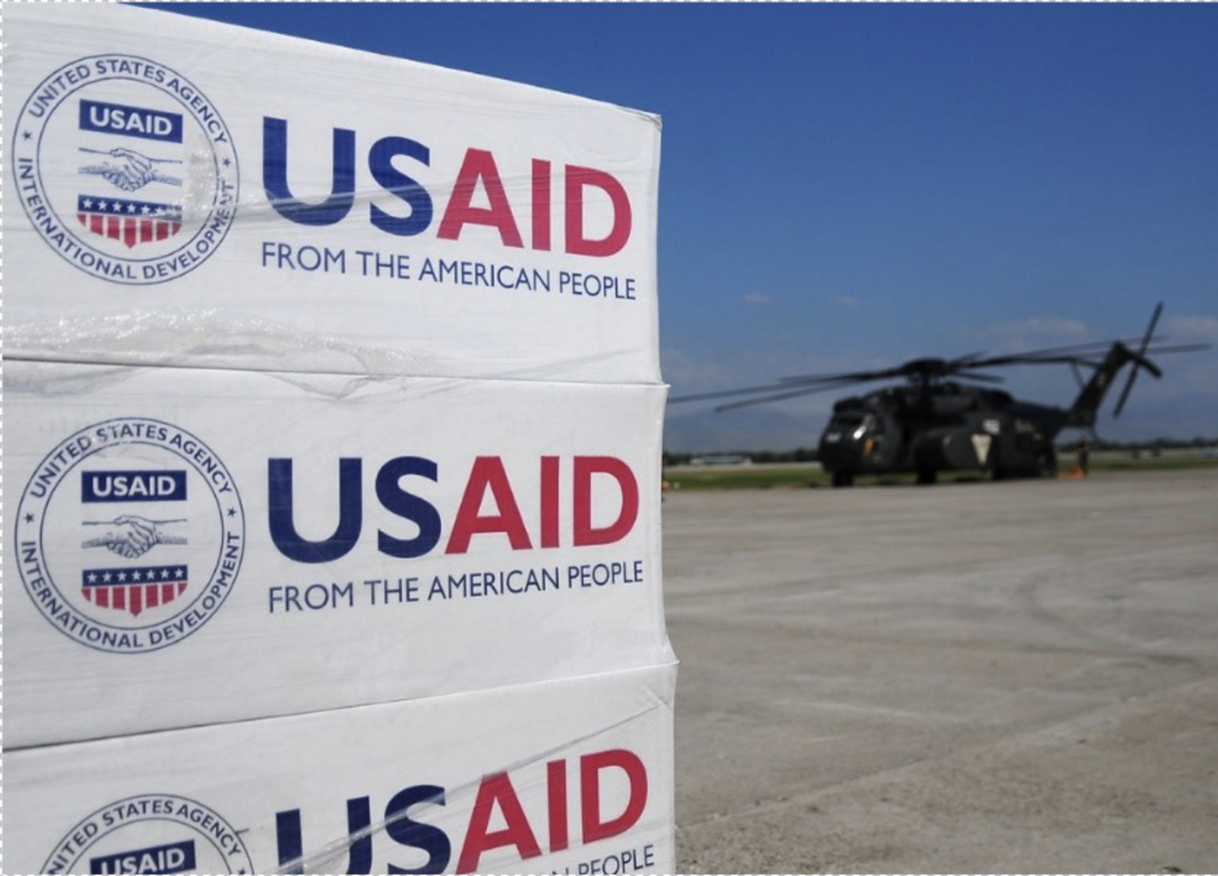
‘Isolationist politics’ is a phrase that has become synonymous with Donald Trump and his administration. So it should be no shock that he signed an executive order on January 20th calling for a suspension of all foreign aid for 90 days.
This sledgehammer to traditional methods of government was further advanced by a directive issued by Secretary of State Marco Rubio on January 24th. Where he clarified that all operations by USAID (United States Agency for International Development) were to be frozen. The agency responsible for most of the US’s non-military foreign aid went dark, with its employees being asked to stay at home, and their email access denied. Just in case USAID top officials had not quite understood the memo, their photos were removed from the walls of their office.
This means that projects from water sanitation, to global vaccination initiatives, have been brought to a halt.
Why?
Marco Rubio announced that “Every dollar we spend, every program we fund, and every policy we pursue must be justified with the answer to three simple questions,” “Does it make America safer? Does it make America stronger? Does it make America more prosperous?”.
Yet, amongst experts, the general consensus is that this policy risks the exact opposite of an internationally strong US.
The initial results not only point to turmoil for the US’s international standing, but also poses great threats to many of their domestic pledges, such as reduction of immigration.
The Congressman for Maryland, Johnny Olszewski, highlighted a potentially catastrophic security risk of the policy. By citing reports that prison guards in Syria who are responsible for maintaining the incarceration of thousands of Islamic State fighters, nearly walked off the job upon hearing the news.
TIME news reported that foreign charities that ran programs which helped fleeing Venezuelan migrants to rehome in South America (rather than the US), have had to pause all operations.
The apparent contradictory nature of this policy indicates it is a classic Trump diplomatic gamble. The question is, can he pull off this radical isolationist approach whilst simultaneously remaining the global hegemon.
According to ex-British MP Rory Stewart, who is affiliated with many humanitarian NGOs, it is an unwise bet. He warns that America can pull a stunt like this “once and only once”. He admits that Trump will have success in the short-term, as this coercive diplomatic approach is bound to bring concessions from his foreign counterparts. However, it comes at the cost of the work that the US has endeavoured on for the past 70-80 years, which curated a global reliance on their military, economic and political support. So yes, these countries will cough up Trump’s demands, but they will start looking for an alternative provider, one who is more reliable.
Unfortunately, the caveats to the policy have not been a source of comfort either side. The exemption of “life saving humanitarian assistance” caused mass confusion of what qualified, such as if HIV preventative drugs were covered by this regulation.
Nor does the continuation of military funding to Israel and Egypt decrease the concerns for stability in the region. As the foreign aid cuts effects Jordan, which is reliant on US aid for crucial services, such as health and education. Meaning that the US has hindered a diplomatic relation with a key ally, in a region that is in dire need for stability.
If not the US, then who?
Senator Chris Coons (D-Conn.) told the senate on Thursday Jan 30th, that this policy is great for China. “Our biggest global competitor and adversary is delighted that we’ve handed them an opportunity to say to communities and countries around the world that we are not a reliable partner”.
What the Senator alludes to here is that the US’s foreign aid has allowed it to have a voice in countries’ internal affairs. Which in turn has allowed the US to have access to resources, political influence, and the insurance of national security. This withdrawal not only means a loss of these exclusive benefits, but it also results in an unprecedented power vacuum. One which China is unlikely to ignore. Creating a difficult world stage for Trump’s ‘China-Hawk’ cabinet.
In an environment where the US and China are in stark competition for obscure minerals for technological developments. It becomes more puzzling as to why the US would hinder its international reputation and influence.
Edited by Freya Holland
Image: Pallets of food, water and supplies staged to be delivered, USAID U.S. https://www.flickr.com/photos/usaid_images/4288415235



Average Rating